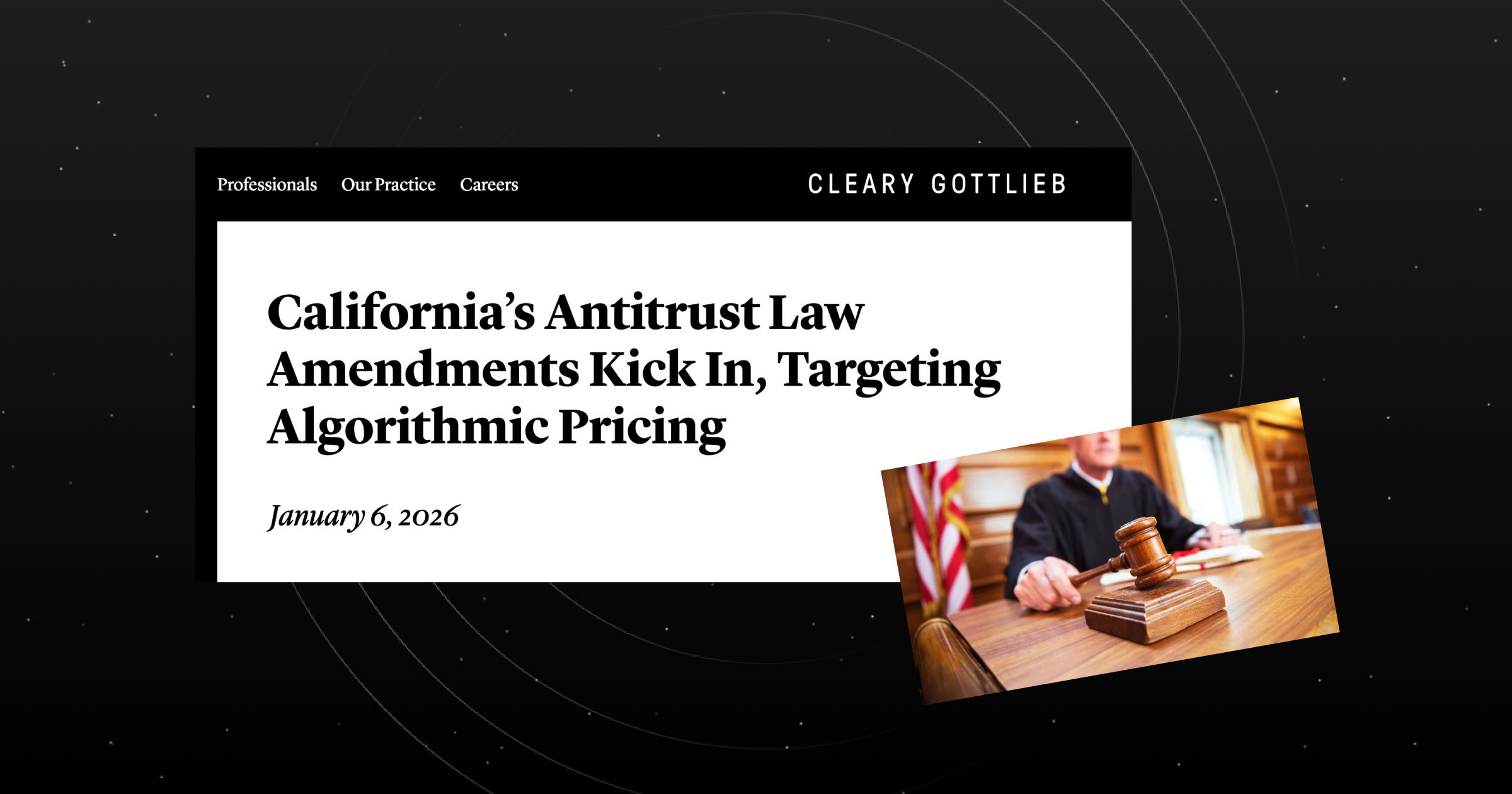Important Marketing Tips for Surviving the Second Wave

5 Hotel Marketing Tips to Survive the Pandemic and Drive Recovery
The pandemic has hit hospitality harder than most industries. Business travel and conferences have dried up, while weekend stays collapsed with the cancellation of weddings, concerts, festivals, and sports events. For hotels, this means fewer bookings and higher uncertainty.
But crisis also brings opportunity. With the right strategy, hotels can prepare for recovery and even strengthen their long-term market position. Here are five marketing tips for hotels during the pandemic:
1. Get Online, Get Social, Get Active
Guests are spending more time online, so your presence there matters more than ever. Monitor your social channels closely and respond quickly to comments, questions, and concerns. Transparency is critical—especially around cancellation policies and the safety measures your hotel has implemented.
Tip: Share behind-the-scenes posts about cleaning protocols, staff updates, and local travel information. It reassures guests and shows you care.
2. Adapt with Flexible Cancellation Policies
In uncertain times, travelers won’t commit without flexibility. Clear, guest-friendly cancellation policies are no longer optional—they’re essential.
Make your policies visible across your website, booking engine, emails, and social media. Flexibility builds trust and can be the deciding factor between a guest booking with you or with a competitor.
3. Refresh Website Assets and Social Media Content
Social distancing has shifted expectations around hotel marketing. Images of crowded lobbies, busy gyms, or packed restaurants may feel out of touch right now. Instead, highlight safe, clean, and inviting spaces.
Showcase:
- Spacious rooms for remote work
- Private dining options
- Outdoor amenities and activities
This way, your digital presence reflects the realities of today’s traveler.
4. Prepare for Google’s “Cookie-less” Future
While COVID-19 dominates the present, hotels must also prepare for long-term digital changes. Google plans to phase out third-party cookies in the coming years, dramatically impacting how hotels target and track online audiences.
Now is the time to:
- Invest in first-party data collection (email lists, loyalty programs)
- Enhance direct booking campaigns
- Build stronger guest profiles for personalized marketing
Think of it as future-proofing your digital strategy.
5. Invest in Dynamic Pricing Technology
Even in uncertain times, travelers still search for the best price. By adopting automated revenue management systems (RMS), hotels can adjust prices in real time based on demand fluctuations, competitor actions, and market trends.
Dynamic pricing ensures:
- You capture demand without underselling
- Rates remain competitive across OTAs and direct channels
- Revenue opportunities aren’t left on the table
Pricepoint, for example, uses AI to automate pricing decisions 24/7—helping hotels recover faster post-pandemic.
Final Thoughts
The pandemic reshaped hospitality, but hotels that adapt with smart marketing, flexible policies, and technology will emerge stronger. Start by staying connected online, showing flexibility, updating your digital assets, preparing for the cookie-less future, and embracing dynamic pricing.
Recovery may not be immediate, but with these strategies, you’ll be positioned to capture demand when it returns.
✍️ Wyatt Niblett-Wilson, Marketing Coordinator – Pricepoint





